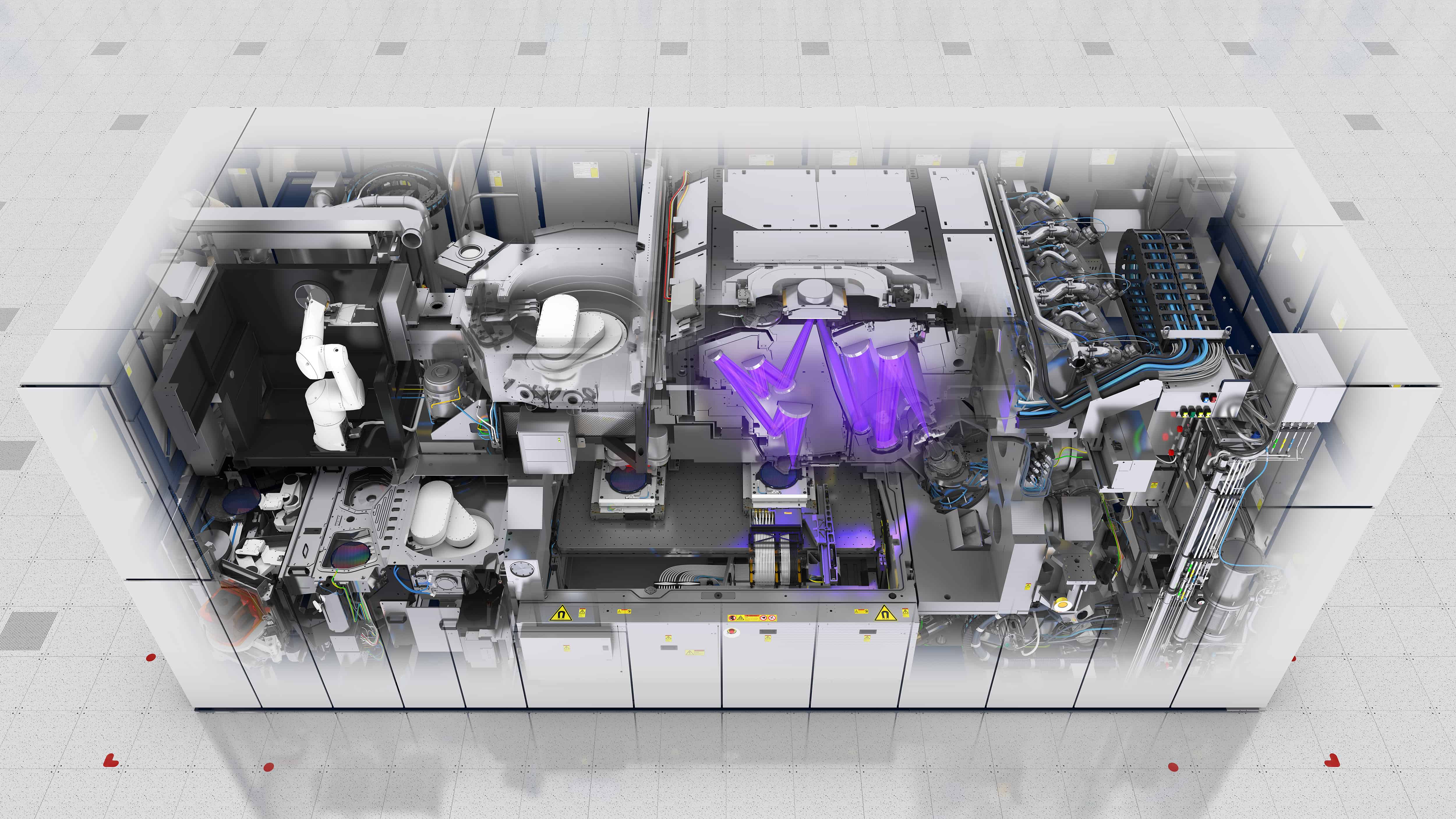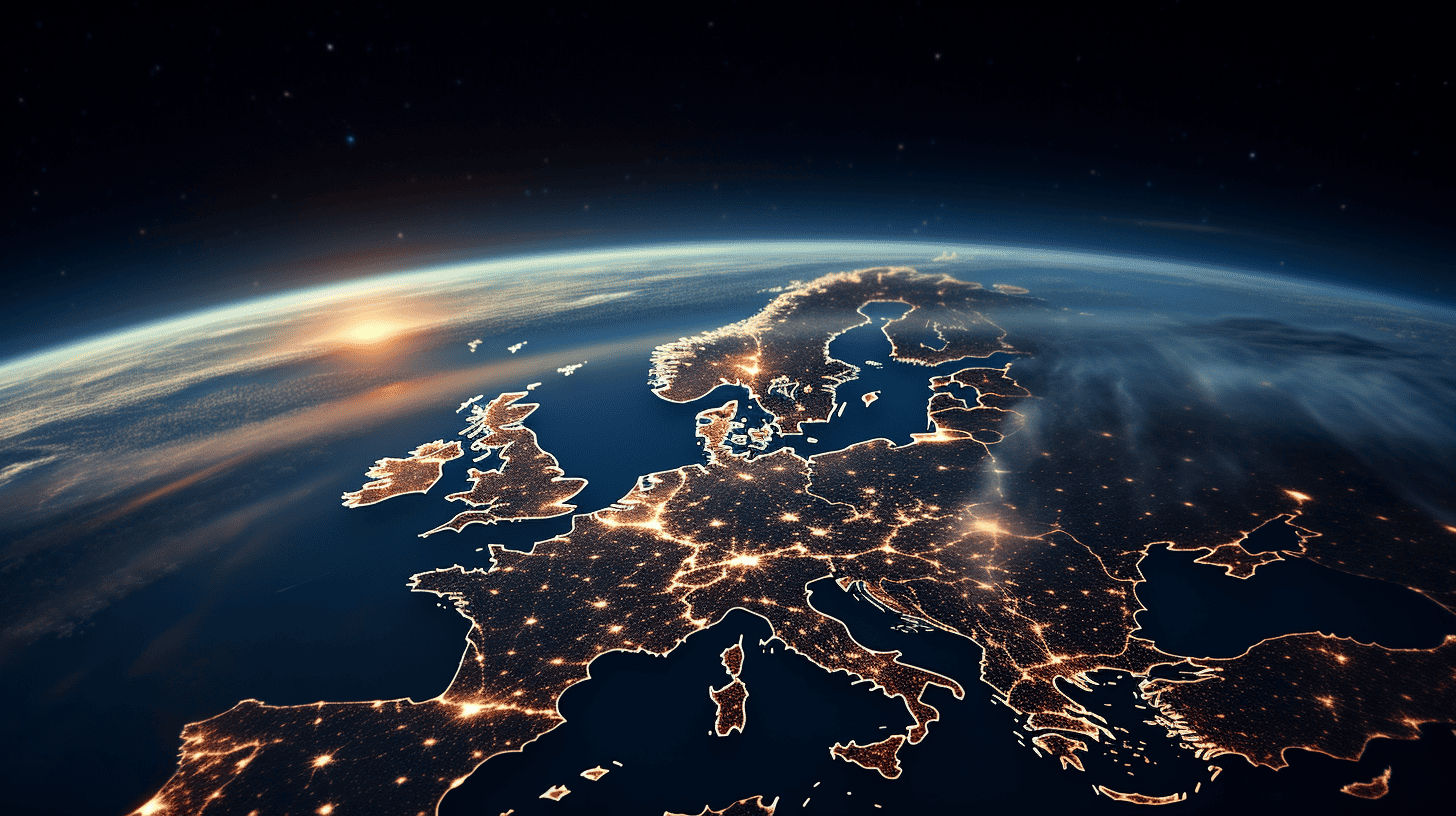
The Netherlands chooses to invest in ten key technologies essential for economic growth, social progress, and national security. The National Technology Strategy, approved by the Council of Ministers, emphasizes the importance of these technologies in the global technological race. There is a concrete plan for the Netherlands to be a global leader and in the European vanguard in areas such as photonics and quantum technology by 2035.
The joint efforts of government, business, and knowledge institutions, with an annual investment of 5.7 billion euros, should enable the Netherlands to realize this ambition and secure its vanguard position as a trade and innovation country.
Joint vision for a future-proof Netherlands
Cooperation between companies, knowledge institutions, and the government is the driving force behind the National Technology Strategy. This alliance has carefully selected the technologies in which the Netherlands sees the most opportunities. These are technologies that contribute not only to strengthening the economy but also to addressing societal challenges and reducing unwanted dependencies.

The focus is on achieving global market leadership and a prominent role within the European Union. Examples include ambitions in integrated photonics and quantum technology. But the list is more extensive and includes green chemical production processes, biotechnology, imaging technology, and more. This variety shows the breadth of Dutch innovation strength.
- optics and integrated photonics
- quantum
- green chemical production processes
- biotechnology focused on molecules and cells
- imaging technology
- (opto)mechatronics (industrial systems/machines and devices)
- artificial intelligence (AI) and data
- energy materials
- semiconductors
- cybersecurity
- The ten technologies
The list of ten technologies is a mix of established and emerging sectors. Optics and integrated photonics, for example, are essential for communication technologies, while quantum technology can potentially create entirely new industries. Green chemical processes and biotechnology play a crucial role in transitioning to a more sustainable economy.
In addition, technologies such as (opto)mechatronics and artificial intelligence are ubiquitous in modern industry and society. Energy materials and semiconductors are fundamental to energy storage and electronics, while cybersecurity is essential for protecting our digital infrastructure.
Key enabling technologies are the building blocks for innovation and growth. The Netherlands has a strong scientific position in these areas, and it is expected to have a significant social and economic impact in the coming years. These technologies are broadly applicable and will play a role in various sectors.

These technologies are also a core part of the Cabinet’s mission-driven innovation policy. They are crucial in the Knowledge and Innovation Agendas and the Knowledge and Innovation Covenant, in which EUR 5.7 billion is invested annually by a coalition of businesses, knowledge institutions, and governments.
Strategic investment in a competitive environment
Minister Adriaansens emphasizes that the choices for these technologies stem from the need to anticipate scarcities in energy, raw materials, human resources, and space. Other countries are also betting on innovative technologies, and to remain competitive, the Netherlands must invest strategically and maintain its strong position as a trading and innovation country. “We have to make choices because we are increasingly faced with all kinds of scarcities in energy, raw materials/semi-products, personnel, and space,” Adriaansens said. “Moreover, other countries are also strategically betting on innovative technologies. With a strong knowledge economy, the Netherlands has a vanguard position as a trade and innovation country. With this strategy and targeted investments, we can remain so in the future. This is of great importance for a liveable and safe Netherlands, but also because we must first earn to distribute.”
By investing in these areas now, the Netherlands will reap the benefits of economic growth and social development. This will not only contribute to a livable and safe Netherlands but will also make it possible to generate and distribute wealth.








